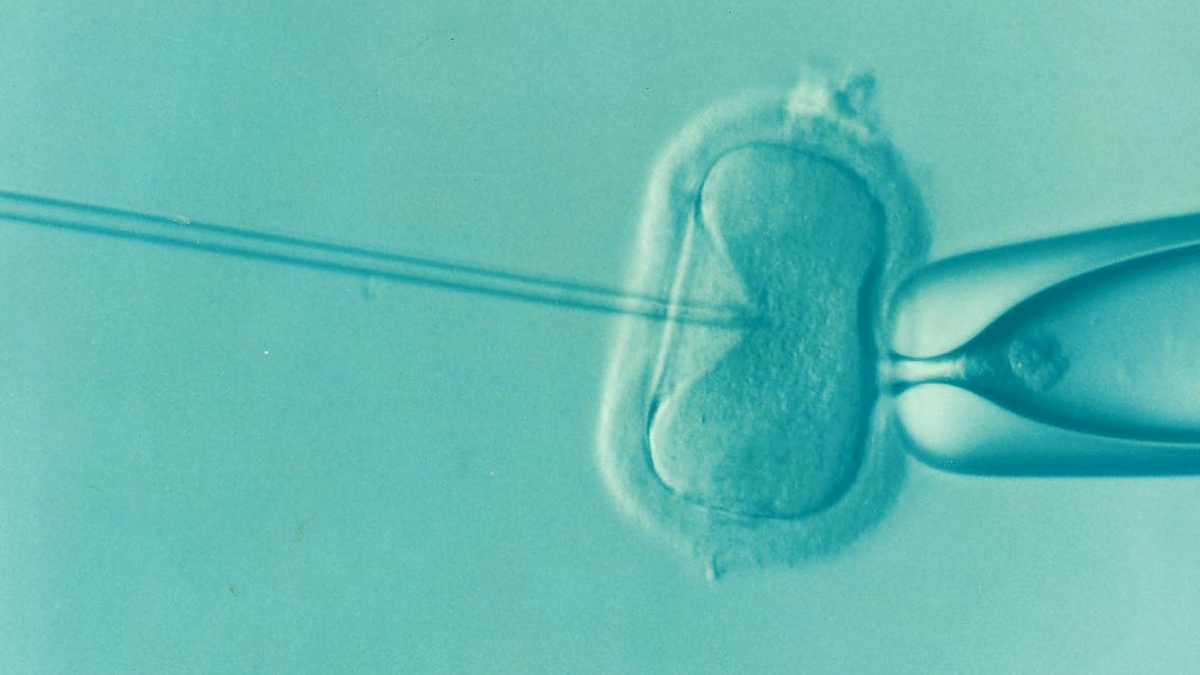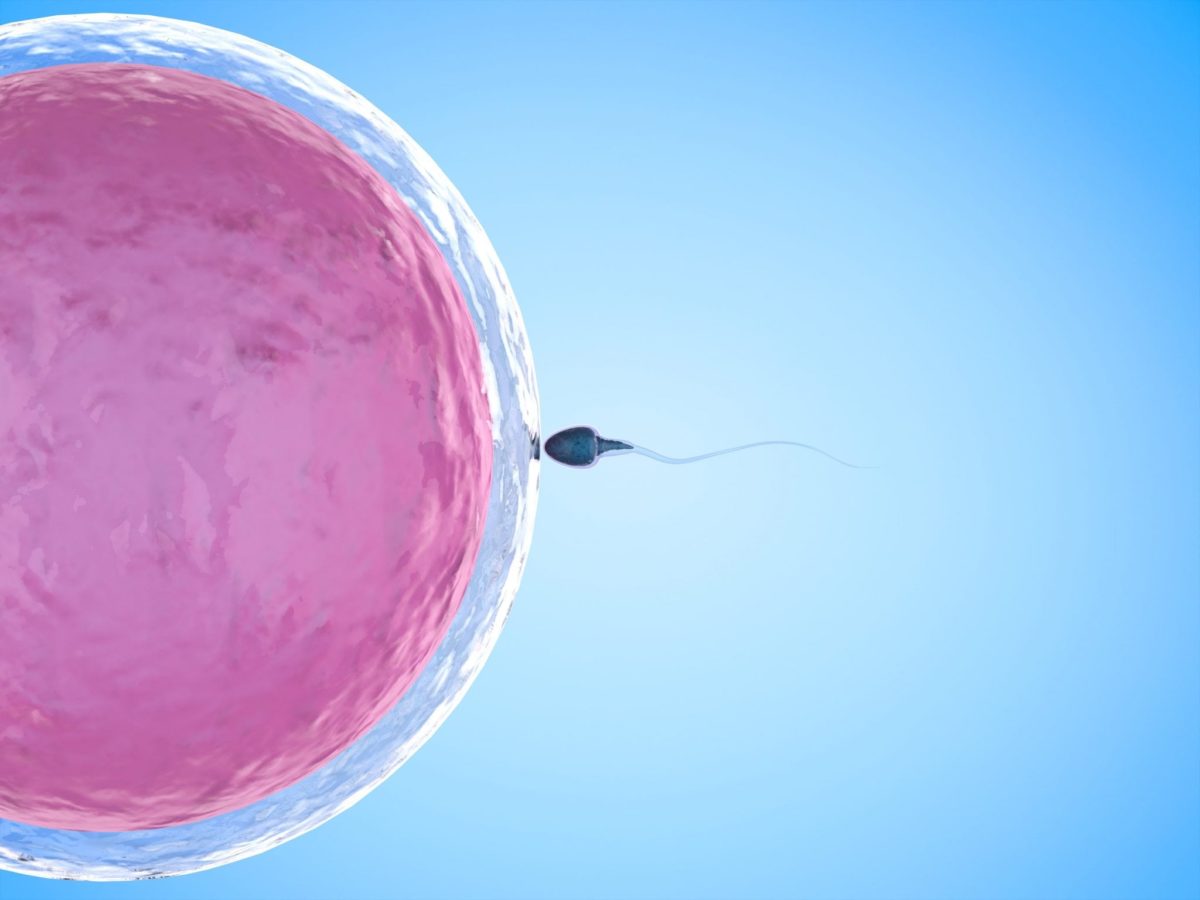
What You Should Know About IVF Procedures
IVF treatments have come a long way since the first successful IVF procedure was conducted in 1978. Since then, IVF has become the most commonly used form of assisted reproductive technology.
The IVF procedure
IVF stands for In Vitro Fertilization and is a process by which a woman’s eggs are extracted and manually combined with sperm in a laboratory.
IVF is a suitable treatment option when the woman who wishes to get pregnant has blocked or damaged tubes or if her male partner has a low sperm count or poor sperm motility. Women who have had their fallopian tubes removed and those with irregular ovulation, uterine fibroids or advanced reproductive age; as well as couples affected by unexplained infertility are also good candidates for IVF.
If you are considering an IVF procedure, here are some of the things you may want to know about the IVF cycle:
Fertility Drugs
When you decide to try IVF, you will have to start taking fertility drugs. Most women produce only one egg each month. Fertility drugs encourage the production of multiple eggs. This will increase the likelihood of a successful IVF cycle. You’ll also be given a synthetic hormone to prevent eggs from being released before the desired time.
Regular Doctor Visits
While taking the prescribed medication, you will be required to visit your doctor every 2 or 3 days for blood tests to check your hormone levels. Your physician will also perform ultrasounds that will monitor the development of the follicles (sacs that hold the eggs while they mature). The eggs will need to be retrieved right before they are ready to be released.
Before the eggs are retrieved you’ll be given an injection called a ‘trigger shot’ to ensure that eggs have fully matured and are capable of being fertilized.
Egg Retrieval
Eggs are retrieved in a minor surgical operation in which an ultrasound probe is used to guide the thin, hollow needle that will collect the eggs. Usually, about 8 to 15 eggs are collected. This process normally lasts for less than 30 minutes. Your male partner will also provide a sperm sample that same day unless you are using sperm that has been frozen or sperm from a donor.
Fertilization
The sperm sample will be prepared so that immediately following the egg retrieval, the sperm can be mixed with the eggs in a petri dish. In cases where there is a low probability of fertilization, a method called intracytoplasmic sperm injection may be used. In this technique, a single sperm is taken and injected directly into each egg. After this step is complete, the eggs are monitored to see whether or not fertilization takes place. When fertilization takes place the egg and sperm union will be then considered an embryo. After keen observation, the most viable embryo or embryos will be selected and transferred to your uterus. This is done using a catheter and happens 3 or 5 days following the retrieval of the eggs.
Implantation
If the IVF procedure is successful, then an embryo will attach to the lining of your uterus and there a baby will begin to grow. Your doctor may administer a pregnancy test 10 days after to confirm whether or not the IVF procedure was a success.
Why choose Pacific Centre for Reproductive Medicine for IVF treatment?
Pacific Centre for Reproductive Medicine is an IVF clinic with success rates among the highest in the country.
We understand that every situation is unique and your chances may be higher or lower than average. For this reason, we would love to meet with you to discuss your options. That way we can create an IVF treatment plan that will give you the highest chances of getting pregnant.
Contact us today to book your consultation so that we can work together to fulfil your dream of becoming a parent.
Related Posts
Categories
About the PCRM Blog
Welcome to the Pacific Fertility Centre for Reproductive Medicine Blog! Nationally and internationally recognized for providing exceptional reproductive care, our team believes in empowering people with the knowledge they need to navigate their unique fertility journeys.
From information on the latest fertility treatments to valuable insights on egg donation, surrogacy, and everything in between, the Pacific Centre for Reproductive Medicine Blog is your ultimate resource for all things reproductive care and support. Read on to learn more, and contact us today if you have any questions or want to schedule a new patient appointment.



